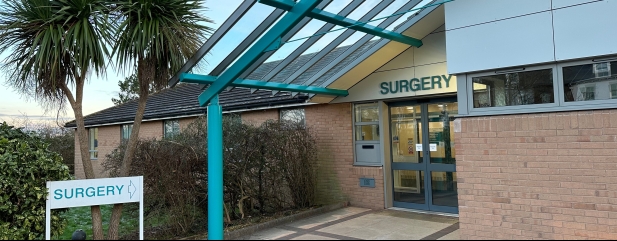Archived article
Please note that tax, investment, pension and ISA rules can change and the information and any views contained in this article may now be inaccurate.
Why it’s good news if Assura accepts the offer from its peer rather than private equity

If you are of the mind, as I am, that the wave of M&A is a long-term negative for the UK market then there was a positive development on 23 June. GP practices landlord Assura (AGR) announced plans to merge with its peer Primary Health Properties (PHP) rather than be taken over by private equity group KKR.
Yes, the ranks of the UK market are still thinner as a result of this deal but, assuming it goes through, but at least investors will still have access to the underlying assets through the combined entity. This is a sector which is underpinned by strong demographic drivers, thanks to an ageing population, and one that offers a reliable stream of income.
Takeovers at a healthy premium may be welcomed by investors in the short term but, as we have discussed several times, in the long term it can involve missing out on even greater gains and it clearly has implications for the breadth and depth of the UK market.
Just consider Cambridge-based ARM (ARM:NASDAQ) – a company taken over in the wake of the Brexit vote, when UK stocks and, significantly, the pound were in the doldrums. Japan’s Softbank paid £24.3 billion for the business.
This represented a 40%-plus premium to the undisturbed price – so you might think it was a no-brainer for shareholders. In truth, they left a lot on the table by acquiescing to this deal.
Fast forward to today and ARM, which snubbed London to list in the US in 2023, is worth more than £100 billion. In an alternative universe where it remained listed domestically, it would be one of the largest companies on the FTSE 100.
Without being too parochial, it is better if UK assets remain in the hands of UK shareholders, certainly for the long-term health of the London market. The Assura situation is therefore relatively refreshing if it plays out as it looks to be at the time of writing.
In this week’s News section, James Crux reports on the consolidation which is going on in the investment trust sector – with vehicles continuing to merge amid persistent discounts.
This week’s magazine also features an examination by Steven Frazer and the rest of the team of the under-the-radar names held in some of the most popular UK funds and, as geopolitical tensions mount, we take another spin through the collectives which aim to protect your capital.
Markets have proved resilient, but it does seem there is some increasing caution about corporate earnings which will be something to watch through the remainder of the year.
Looking at the net balance of upgrades and downgrades relating to earnings per share forecasts for the year after the current one, strategists at investment bank Berenberg note the FTSE 350 has net downgrades of -19.7%, the European STOXX 600 -17.7%, the S&P 500 -11.5% and the Nikkei 225 -9.9%.
Important information:
These articles are provided by Shares magazine which is published by AJ Bell Media, a part of AJ Bell. Shares is not written by AJ Bell.
Shares is provided for your general information and use and is not a personal recommendation to invest. It is not intended to be relied upon by you in making or not making any investment decisions. The investments referred to in these articles will not be suitable for all investors. If in doubt please seek appropriate independent financial advice.
Investors acting on the information in these articles do so at their own risk and AJ Bell Media and its staff do not accept liability for losses suffered by investors as a result of their investment decisions.
Issue contents
Editor's View
Feature
Great Ideas
Investment Trusts
News
- A string of lost cases sends Litigation Capital Management shares to five-year low
- Kier shares hit new 52-week high on strong trading
- How is Sainsbury's faring in the battle of the supermarkets?
- Consolidation trend continues for investment trusts
- Oil sees extreme volatility as Middle East tensions wax and wane
 magazine
magazine








